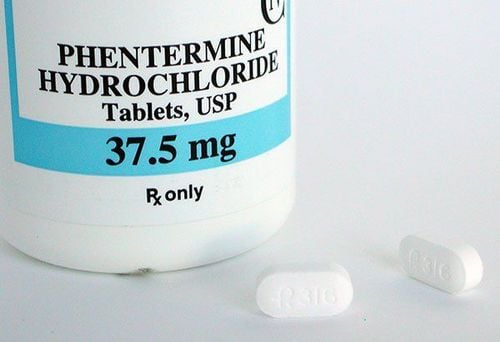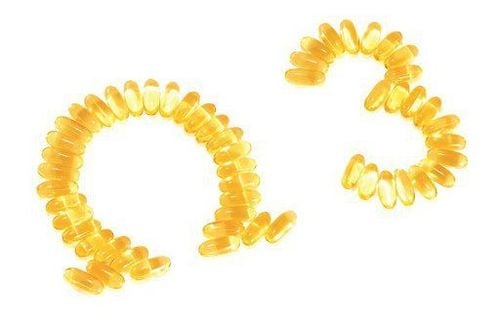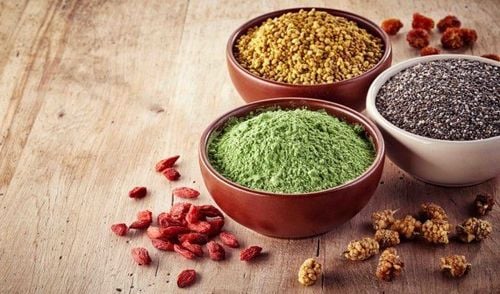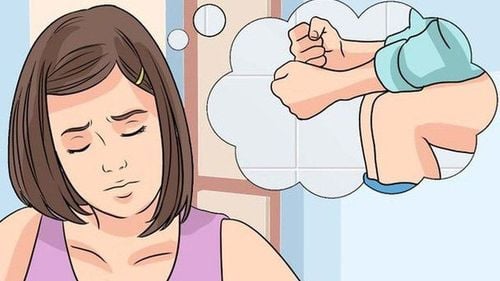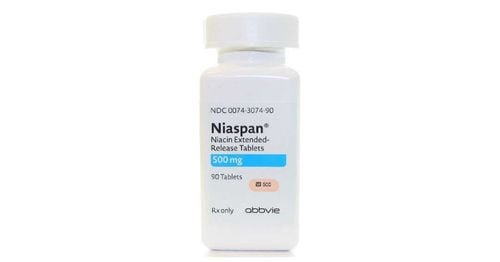This is an automatically translated article.
When exercising, the body often consumes a lot of energy and it is difficult to recover if it is not replenished within 15 to 30 minutes of the end of the training session. Therefore, having a snack after a workout is essential, helping the body regenerate better energy.
1. Importance of Snack After Workout
During exercise, muscles use up their stores of glucose, known as glycogen. If the glycogen stores in the body are depleted, you will feel tired. Endurance sports use more glycogen than resistance activities. For example, running will use more glycogen in the body than weight training. Therefore, the right nutritional balance after exercise, will restore energy and reduce fatigue, thereby helping to build strength for later training sessions. Protein, carbohydrates, and healthy fats are all essential for the body's recovery process.
1.1 Protein Exercise helps with muscle growth, but the body can only build on existing muscles if they recover from each workout.
Protein supplementation after exercise helps muscles recover and prevents loss of lean mass. Lean mass contributes to a lean muscle appearance.
1.2 Carbohydrates Carbohydrates are macronutrients that help the body recharge and restore fuel supply. For those who exercise regularly, the most important thing is to eat plenty of carbohydrates to rebuild glycogen stores. Therefore, you should balance to add this food to your own diet.
1.3 Fats (Lipids) Many people believe that consuming fat after exercise slows digestion and inhibits nutrient absorption. However, this is only true for certain types of fat. Although fat can slow the absorption of a post-workout meal, there are benefits of its own.
A study has shown that whole milk is more effective at promoting muscle growth after exercise than skim milk. Therefore, adding fat after exercise will not affect the body's recovery process.

Sữa nguyên chất có hiệu quả hơn trong việc thúc đẩy sự phát triển cơ bắp sau khi tập luyện
2. What to eat after exercise and why?
You should have an additional meal within 45 minutes of exercising. However, this amount of time is inherently not fixed and can change depending on the time of the previous meal. Here are some foods and drinks that help the body absorb nutrients quickly and speed up recovery after a workout.
2.1. According to research published in 2017, as little as 9 grams (g) of dairy protein can be enough to stimulate protein synthesis in the muscles, aiding recovery after exercise.
The researchers concluded that, while both milk and soy protein help a person maintain and build muscle mass, the protein in milk was more effective at supporting the rapid growth of muscle mass. lean.
2.2. Eggs A 2017 study found that eating whole eggs after exercise resulted in more protein synthesis than just eating egg whites with the same protein content. The researchers concluded that the nutrients in the yolk helped stimulate muscles more effectively.
2.3. Omega-3 Fatty Acids Research from the University of Washington School of Medicine shows that omega-3 fatty acids help promote muscle protein synthesis and increase muscle cell size in healthy young and middle-aged adults. .
Oily fish like salmon, are rich in omega-3 fatty acids. Tuna is also high in fatty acids as 170g of tuna contains about 41.6g of protein and 5.4g of fat. Oil extracted from fatty fish may help reduce muscle soreness after resistance training. A study from 2016 found that consuming 6g of fish oil per day for a week before starting exercise reduced muscle soreness.
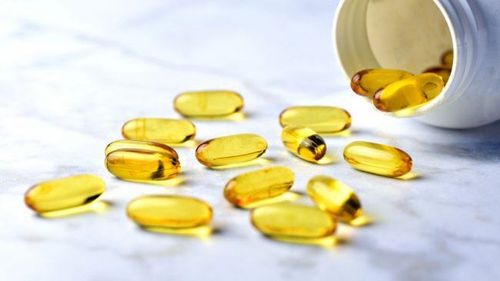
Dầu chiết xuất từ cá béo có thể giúp giảm đau nhức cơ bắp sau khi tập luyện sức đề kháng
2.4. Carbohydrate-rich foods Consuming carbohydrate-rich foods may be the best way to reduce the decline in immunity that can occur after exercise. Additionally, consuming carbohydrates as part of a post-workout snack also helps promote glycogen storage.
Fruits or grains contain many healthy carbohydrates. Quinoa is gluten-free, classified as a pseudo-vegetarian, and is commonly consumed as a grain. Quinoa is high in fiber and high in protein, 1 cup provides 8.14 g. Additionally, quinoa is low in sugar and is a great choice for those looking to regulate their blood sugar.
2.5. Herbal Tea The nutrients and chemical compounds in herbal tea, especially Yerba Mate tea, can help the body process carbohydrates and proteins more efficiently.
A study from 2016 compared the effects of Yerba Mate tea with water after exercise. Participants who took Yerba Mate recovered faster 24 hours post-workout.
In 2012, researchers found that mice given Yerba Mate extract could metabolize faster and expend more energy than mice that didn't.
2.6. Water Before and during exercise you should drink plenty of water. Staying hydrated ensures that the body gets the most benefit from exercise.
Our bodies lose water and electrolytes when we sweat, so drinking water during and after a workout promotes exercise performance and recovery. The amount of water needed for each person is different, because this depends on the type of exercise, the level of sweat, the level of thirst as well as other factors.
As can be seen, maintaining a healthy diet and exercise not only helps you to have good health but also brings a desirable body.
If you need more specific advice on an intensive diet for exercisers, you can go to Vinmec International General Hospital to be examined by a doctor, expert and have a more detailed discussion.
Please dial HOTLINE for more information or register for an appointment HERE. Download MyVinmec app to make appointments faster and to manage your bookings easily.
Reference source: medicalnewstoday.com



